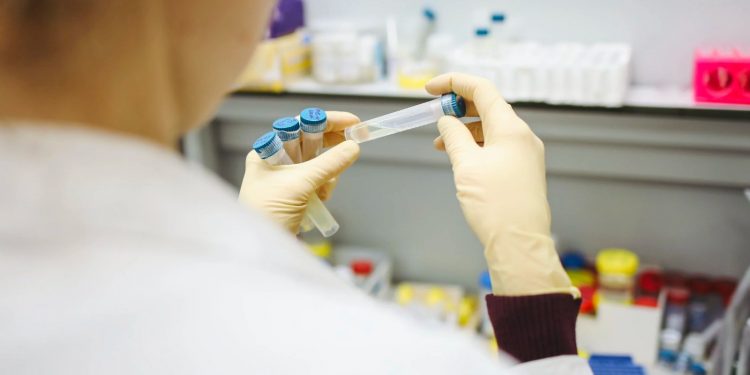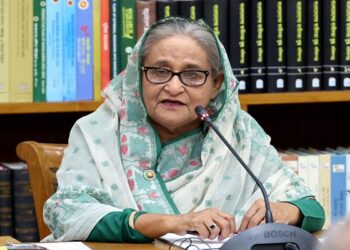Entry points to be screened for all international travellers arriving in India, samples sent to country’s apex virology laboratory under the Indian Council of Medical Research, for testing against monkeypox infection.
Amid growing concerns of a global outbreak of monkeypox, the Indian government has directed authorities to start screening passengers at all international entry points in the country. Close to 100 cases of the disease have been confirmed in at least 12 countries so far.
The Indian government has directed officials to keep a close watch on the situation abroad. They have been instructed to “isolate sick passengers from affected countries and send their samples to The National Institute of Virology (NIV), Pune for investigation.”
The World Health Organization has warned that more cases are likely to be reported from across the world. Infections are spreading in various European countries including UK, Spain, Portugal, Germany, Belgium, France, the Netherlands, Italy and Sweden, as well as Australia, US and Canada.
The first confirmed case of the disease in Australia was detected in Melbourne when man in his 30s who recently visited the UK developed mild symptoms on his return on 16 May. A second suspected case is a man in his 40s living in Sydney, who has recently returned from a trip to Europe.
In a statement released yesterday, the WHO has asked people to stay informed about the virus and said that since “monkeypox spreads through close contact, the response should focus on the people affected and their close contacts. People who closely interact with someone who is infectious are at greater risk for infection: this includes health workers, household members and sexual partners.”
The WHO also warned against stigmatising groups because of the disease. “It can be a barrier to ending an outbreak as it may prevent people from seeking care, and lead to undetected spread,” it said. The warning from WHO comes as countries are gradually opening their borders to international travel after months of lockdown and restrictions that had been brought about by the COVID-19 pandemic.
Monkeypox is quite common in remote regions of Central and West Africa. It is a rare viral infection, usually mild and people generally recover in a few weeks. It does not spread easily between people and symptoms include fever, rash and swollen lymph nodes. The incubation period (interval from infection to onset of symptoms) of the infection is usually from 6 to 13 days but can range from 5 to 21 days.
According to the WHO, clinical presentation of monkeypox resembles that of smallpox. It is less contagious than smallpox and causes less severe illness. Vaccines used during the smallpox eradication programme also provided protection against monkeypox. Newer vaccines have been developed of which one has been approved for prevention of monkeypox. An antiviral agent developed for the treatment of smallpox has also been licensed for the treatment of monkeypox.
Follow NRI Affairs on Facebook and Twitter for latest updates. Support us on Patreon.











